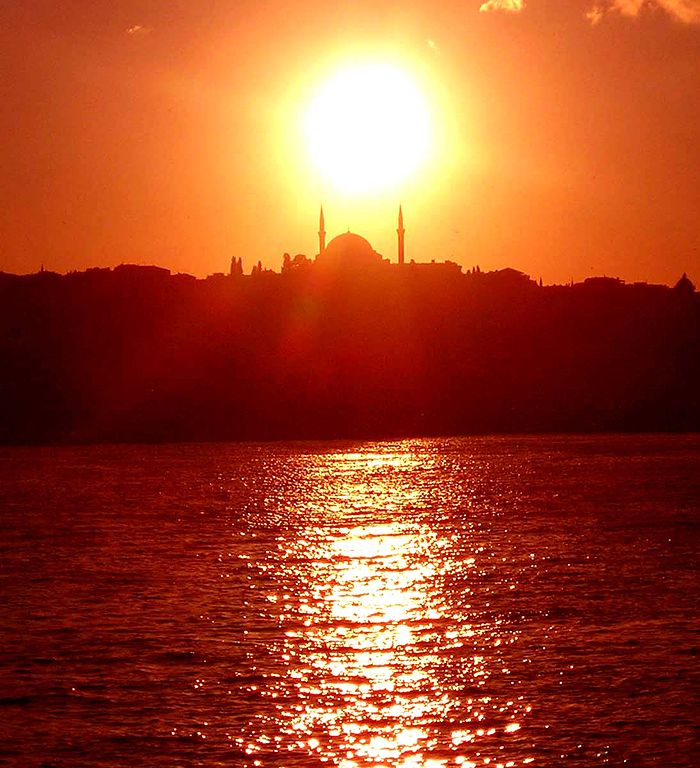
Another trio of extracts from Graham E. Fuller, A World Without Islam (New York, Boston, and London: Little, Brown and Company, 2010):
The West, and especially the United States, has shown no serious or sustained interest in the Middle East until the last half century. We tend to be comfortably ignorant of the history of Western interventionism in the region over centuries — or even over a millennium. We are only superficially aware of Middle Eastern critiques of Western policies that touch on oil, finances, political intervention, Western-sponsored coups, Western support for pro-Western dictators, and carte blanche American support for Israel in the complex Palestinian problem — which, after all, had its roots not in Islam, but in Western persecution and butchery of European Jews. European powers have also exported their local quarrels and parleyed them into two world wars that were fought out partly on Middle Eastern soil, as was much of the Cold War as well. All this suggests that many other causative factors are at work that have at least as much explanatory power for the current turmoil as does “Islam.” (5)
Now, some may be inclined to dismiss Graham Fuller as simply yet another left-leaning member of the professoriate who reflexively romanticizes non-Western cultures and happily denigrates his own. However, his professional background, which I briefly sketched yesterday, makes that picture of him implausible. Besides, as he himself puts it,
It is not simply a matter of “blaming the West,” as some readers might rush to suggest here. I argue that deeper geopolitical factors have created numerous confrontational factors between the East and the West that predate Islam, continued with Islam and around Islam, and may be inherent in the territorial imperatives and geopolitical outlook of any states that occupy those areas, regardless of religion. (5)
I certainly hold no romanticized view of the world of Islam. Its own dysfunctions after AD 1500 played a major role in “inviting” Western imperialism and colonialism into the region, and the Ottoman, Safavid, and Mughal empires and their predecessors were, to put it very mildly, themselves no strangers to imperialism. But we in the West need to recognize that complaints about the West from the Islamic world are not always entirely groundless.
What Graham Fuller is arguing is simply that to blame today’s problems in and around the “Islamic world” on Islam, the religion, as such, is simplistic. And probably wrong:
Islam seems to offer an instant and uncomplicated analytical touchstone for most affairs in the Middle East, by which to make sense of today’s convulsive world. (3)
But, he says, we should resist the temptation to oversimplify if we’re really interested in understanding what’s going on.












